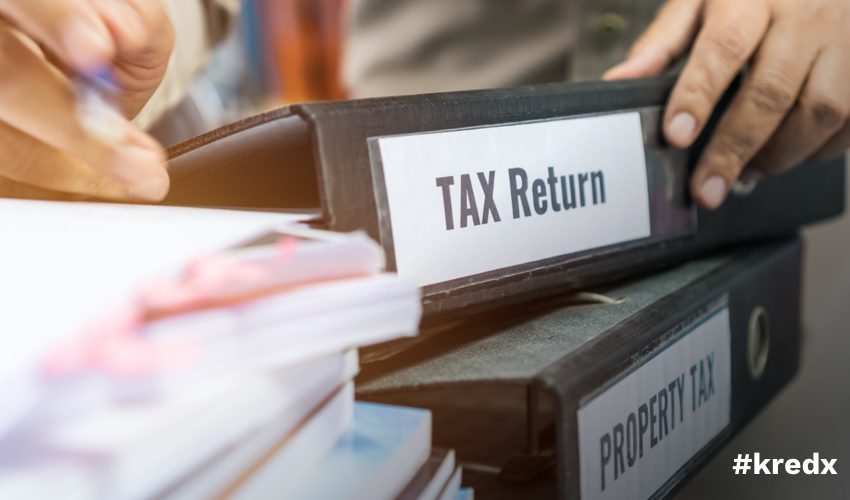
Forgot To Verify ITR? You May Face Consequences.
Did you know that the income tax returns (ITR) filing process is not considered complete unless you verify it?
Under normal circumstances, the Income Tax Department treats an ITR that has been filed but not verified as invalid. As a result, the consequence of not verifying income tax returns is the same as not filing it for any given year.
Typically, after filing your ITR, you get a window of 120 days to verify it. Failing to do so will require you to re-file your returns. Even while filing a revised return, as an assessee, you need to verify it without any fail.
Unsure about the implications of not verifying income tax returns ITR? Read below to learn more!
Repercussions Of Not Verifying ITR – In A Nutshell
If at any time an ITR is filed before the expiry of its deadline, but somehow the process of verification got delayed for more than 120 days, taxpayers will not be liable to pay a penalty under Section 234F.
These pointers emphasise the consequences of not verifying income tax returns (ITR) –
- Blocking of tax refund
- Hefty penalty charge
- Declared losses will not get carried forward
- Other legal implications
In order to process the tax refund, it is imperative to submit and verify your tax returns. Any delay in the same leads to a delay in the refund process.
To avoid these and other associated complications, make sure to verify your returns on time. You can verify them online with the help of Aadhaar-oriented OTP, net banking, EVC, etc. Alternatively, you can send the physical copy of ITR-V, to the Central Processing Centre within 120 days of filing ITR returns.
Things To Do If You Miss The Verification Deadline
Section 119(2)(b) of ITA states that taxpayers can submit an application or claim tax deductions, exemptions, refunds, or other reliefs after the expiry of the deadline. It further adds that taxpayers can do so by providing adequate evidence of a hardship that prevented them from verifying the returns in the first place.
As a recourse, you may apply for condonation of delay and initiate the verification of returns. Above all, you must remember that such a condonation rests entirely on the discretion of the authorities.
Furthermore, your condonation application will not be entertained by the concerned authority, if more than 6 months have passed since the assessment year in question.
Steps To Request Condonation For Delayed ITR-V Filing
You can raise a condonation request online by following these simple steps –
Step 1 – Visit the Income-tax department’s e-filing website.
Step 2 – Navigate to the right-hand side of the website’s panel.
Step 3 – Click on ‘Login Here’ to log into the e-filing account.
Step 4 – Navigate to ‘My Account’.
Step 5 – Select ‘Service Request’ from the drop-down menu.
Step 6 – Select ‘New Request’ from the drop-down menu of Request Type.
Step 7 – Choose Condonation Request and click the ‘Submit’ button.
Step 8 – Choose an Assessment Year relevant to you.
Step 9 – Select the most suitable reason for the delay in verifying ITR.
Step 10 – Click the ‘Submit’ button.
You will receive a confirmation message once all these steps have been followed. If your condonation request is granted, you will not be required to pay any penalty. So, track this request status to know where you stand.
Steps To Track Condonation Request Status
By following these easy steps, you can check the status of your condonation request online –
Step 1 – Login to your designated e-filing account.
Step 2 – Navigate to ‘My Account’ and select the Service Request option.
Step 3 – Click on the ‘View Request’ option available in the Request Type category.
Step 4 – Select Condonation Request available in the Request Category.
After following these steps, you will be able to view the listing of condonation requests, along with their status.
Bottom Line
To avoid the implications of not verifying your income tax returns (ITR), make sure to complete the process on time. Also, consider submitting a condonation request, to manage the situation better. In doing so, you will be able to maintain a clear tax record and will be protected against unwanted penalties.



